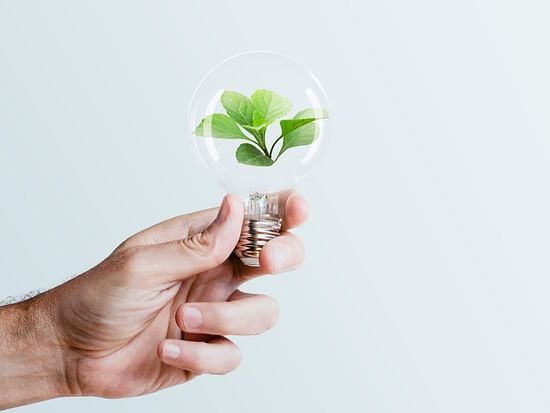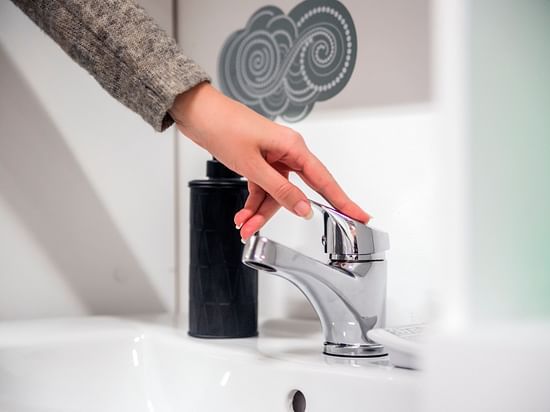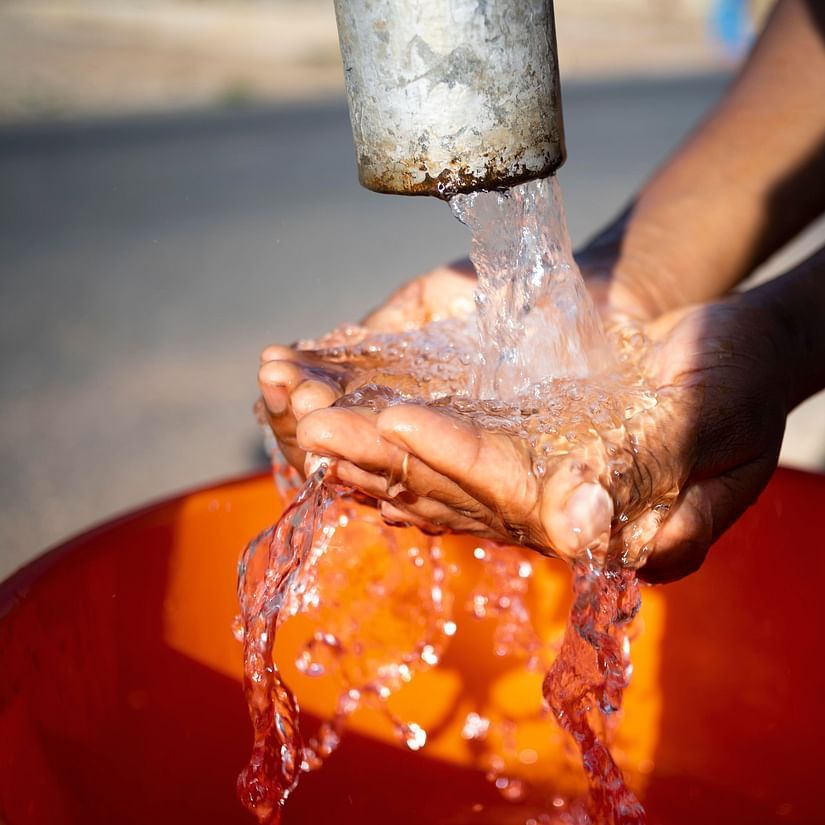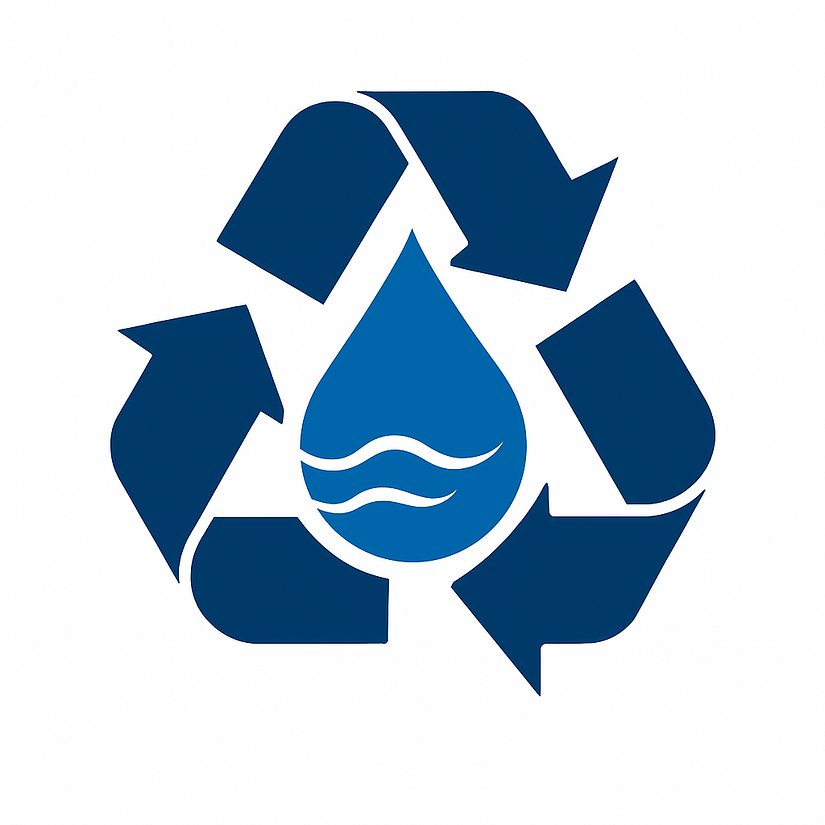


Saves Energy
The hotel has a skylight which allows for sunlight to enter throughout the hotel premises into the atrium of the hotel and illuminating natural light into the restaurant and lobby. This minimises the amount of artificial energy spent on lighting the areas.
LED Lighting – Replacing incandescent or halogen lights with energy-saving LEDs.
Solar Panels – Installing solar panels on the roof of the hotel allows for harnessing renewable sources of energy like solar power to be used for heating water or generating electricity.
Key Card Power Controls – The slots which use key cards to control power to the lights and AC in the rooms are turned off when guests exit the room.
Energy Efficient Appliances – Using appliances with energy star ratings on the air conditioners, refrigerators, and in the room.
Double Glazing Windows & Insulation – Greater levels of insulation reduce the need for heating and cooling.
Sustainable Laundry Practices – Washing in bulk with non-heated water where possible and using energy-efficient dryers cuts back on wasted energy.
Daikin Inverter ACs – Equipped with Daikin Inverter ACs, our rooms are fitted with the room air conditioning Daikin R-32 models, which use an R-32 refrigerant. This selection optimises energy consumption, minimises the potential for equipment global warming, and has no potential for ozone layer depletion while emitting 80% less carbon dioxide than R-410A.

Water Conservation Policies
Towel and Linen Reuse Programme – We encourage our guests to keep aside towels and linens in the designated bag if they have not used them. This helps us reuse clean items, reducing water usage while supporting our sustainability efforts.
Rainwater Collection – Accumulating and repurposing rainwater for purposes such as non-potable landscaping.
Maintenance Leak Detection Systems – Ensures regular maintenance is done to replace and fix leaks.
Constructed Wetland – A sewage treatment plant to ensure that wastewater is treated so that it can be reused for watering plants etc., thus conserving fresh water resources.
RO water systems to ensure water purity. Aware of the significant water loss involved in RO processes, we make sure that the wastewater generated is reused for cleaning and maintenance purposes across the property. This helps in conserving water and reducing overall consumption.
Community Education and Staff Engagement
Success of the policies stems from active staff participation and educating new joiners early on within The Cosy Hotels.
Staff meetings are held at Cosy Hotels on a regular basis as a measure to familiarise employees with the environmental policies of The Cosy Hotels Group and also monitor compliance with the eco policies.
Our teams are proactive towards environmental challenges as they have been educated on, and are passionate to make an impact, both in the office and at home.
Environmental Commitment at The Cosy Hotels
Here at The Cosy Hotels, maintaining a balance with nature is one of our priorities, alongside providing hospitality services. It is our belief that luxury and nature harmoniously coexist. Our efforts take into account described aspects and still maintain a high level of comfort and health for the guests.


Eco-Friendly Water Treatment
Our practices centre around caring for the environment and our guests at The Cosy Hotels. We utilise ozone water treatment, which is less environmentally harmful compared to traditional treatment using chlorine. While ozone still provides quality water, it safeguards the environment from harmful substances and ozone breakdown products.
Plastics Disposal – In Our Commitment to Reducing Plastic Consumption
We place glass bottles within each room instead of plastic bottles.
Straws made out of paper replace plastic ones throughout the hotel.
Responsible Oil Usage
In our kitchens, health and sustainability speak the same language. We prioritise our health by using refined oil of the Fortune brand, and we do not reuse it which allows the food’s nutritional value to be preserved. This also prevents health risks that come with reusing oil. Furthermore, from an environmental perspective, reusing oil is problematic because it emits noxious compounds into the atmosphere and waste streams.
Food Waste Management & Social Responsibility
Managing food waste is one of the most pressing environmental issues within the hospitality sector. At The Cosy Hotels we try to address this issue by:
Ensuring that untouched leftover food is safely collected for redistribution to the nearby communities in need.
Collaborating with local non-profit organisations and shelters so that this food surplus is not wasted but channelled to those who are in dire need of it.
This initiative is beneficial not only in terms of reducing food waste going into landfill, but also contributes to society.
